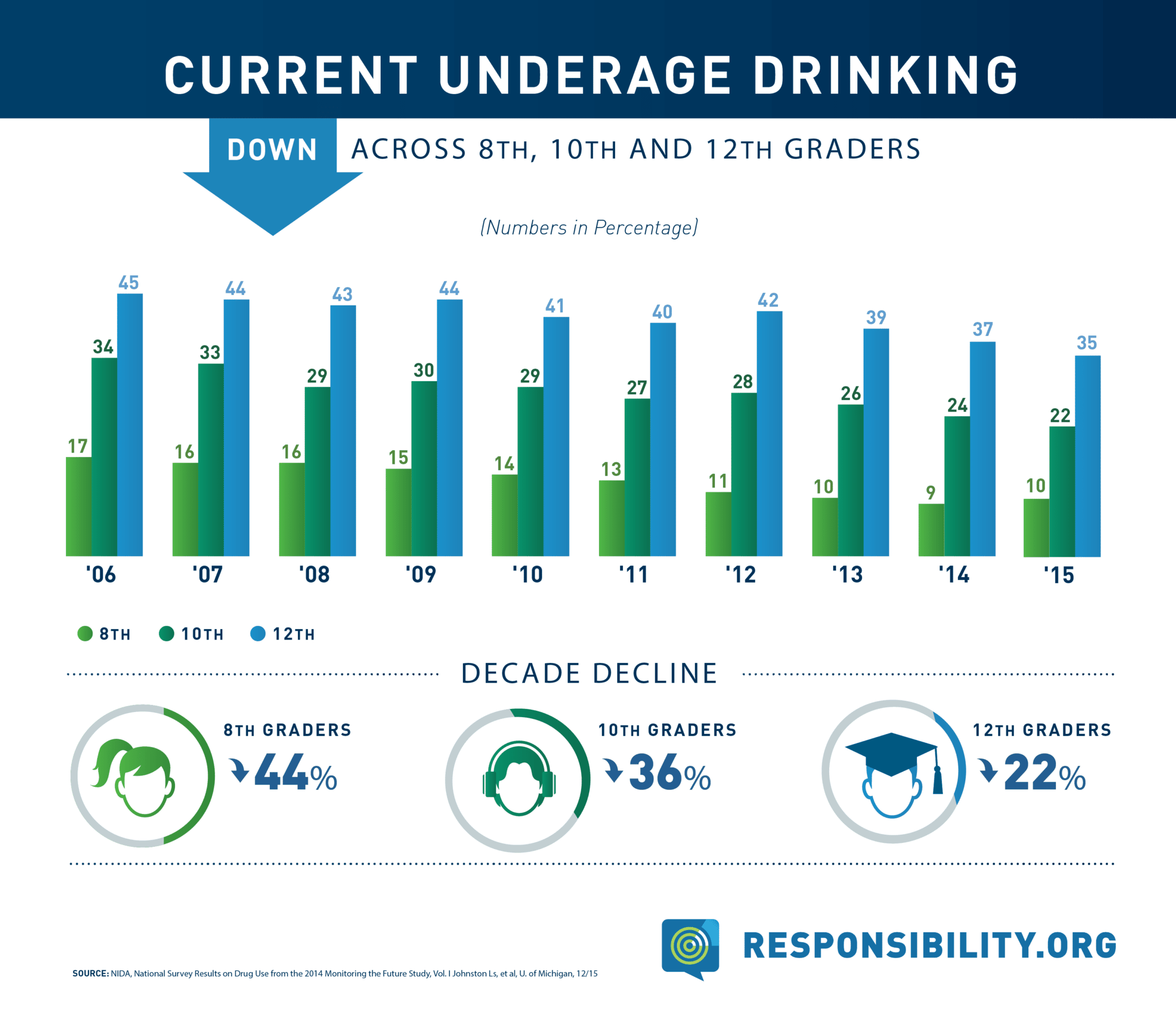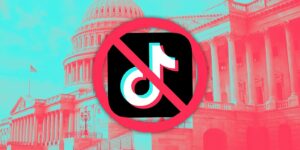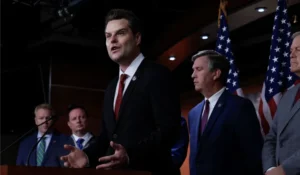Underage Drinking Under Parental Supervision: Perilous or Preventive?
 The holidays are a perfect time for relaxation, enjoyment, and appreciation for the things we are fortunate enough to have. Stepping away from our hectic lives and daily routines allows us to refresh, rejuvenate and reduce stress during the much-anticipated week of winter recess. Eating, exchanging presents, and reminiscing over past holiday memories are a must, and for many, drinking alcohol is a must as well.
The holidays are a perfect time for relaxation, enjoyment, and appreciation for the things we are fortunate enough to have. Stepping away from our hectic lives and daily routines allows us to refresh, rejuvenate and reduce stress during the much-anticipated week of winter recess. Eating, exchanging presents, and reminiscing over past holiday memories are a must, and for many, drinking alcohol is a must as well.
Alcohol is prevalent during the holidays as many adults indulge in wine, cider, champagne, eggnog, and even fruit cake. While it is common for minors to attend the same functions as adults during the holidays, such as family celebrations, underage drinking has become a highly controversial source of contention. Despite the rhetoric of critics, many parents welcome allowing teenagers to drink under close parental supervision during the holidays, while opponents argue that underage drinking of any kind is dangerous and illegal, even on a special occasion or holiday.
Skeptics of underage drinking, even under the supervision of well-intentioned parents, believe that early consumption of alcohol increases the likelihood of harmful effects in the future, and that there is no safe way for teenagers and underage kids to drink alcohol. Hills West junior Sarina Singh agrees. “The legal drinking age is 21 for a reason,” Singh said, “and even if their parents are watching them, it will still be irresponsible and have negative effects.”
When asked her position on this highly controversial topic, Hills West AP Psychology teacher Mrs. Pastoressa firmly stated, “Absolutely not. I don’t think parents have the right to give a child the permission to do something that is potentially harmful to themselves and other people. The young brain has impaired judgement and is not fully developed. I think that a parent who allows their child to drink is harming their child physically and that is essentially child abuse. A sip of eggnog at the dinner table is not a big deal, but allowing a party or excessive drinking to occur in their presence is incredibly irresponsible.”
Small amounts of alcohol do not show a significant effect on adolescent’s health or well being. However, large amounts over a prolonged period of time can cause irreversible damage. A young person’s body cannot cope with alcohol the same way an adult’s can. Drinking is more harmful to teens than adults because their brains are still developing throughout adolescence and well into young adulthood.
In fact, a 2010 study at the University of Southern California compared the brains of minors who drank alcohol frequently and those who didn’t, and the results were shocking. The team of scientists who led the study discovered damaged nerve tissue in the brains of the teens who drank. The researchers believe this damage negatively affects attention span in boys, and girls’ ability to comprehend and interpret visual information.
In addition to irreversible damage, an excess of alcohol in proportion to the child’s age and weight can lead to alcohol poisoning, which means that the threshold for alcohol consumption varies per person and one should always be aware of their own limitations. Proponents of supervised underage drinking contend that parental supervision and guidance will allow the teenager to learn how to drink responsibly earlier, and prevent experimentation and binge drinking in the future. Prohibiting teenagers from drinking makes alcohol consumption even more appealing to teenagers, who naturally engage in risky behaviors due to underdeveloped frontal lobes.
A survey of 6,245 U.S. teens, published in the Journal of Adolescent Health in 2004, found that teens who drank along with their parents were only one-third as likely to binge and half as likely to be regular drinkers. So, if the argument is that underage drinking with parental supervision is dangerous, this evidence suggests otherwise.
The controversial act is also not illegal, in most states that is. Federal and individual state laws make it a crime for friends or store clerks to supply alcohol to minors; however, although the minimum drinking age nationwide is 21 years old, and it is illegal for adults to host parties and supply alcohol to a slew of minors, it is not illegal for a child aged five to 16 to drink alcohol at home or on other private property.
In fact, in New York State, being in possession of alcohol as a minor is considered a crime, unless supervised by a parent or guardian. Hills West sophomore Makaela Jackson expressed her confusion over the distribution of responsibilities for adolescents. “I find it weird that we can have jobs, vote, fight for this country, and have so many responsibilities,” Jackson said, “but we can’t drink a glass of wine at a party.”
The question is, is drinking a glass of eggnog in the safety of your home a crime? The issue has cultural implications, and these drinking laws for minors vary by country, state, and culture, where some countries allow underage drinking, even in public areas, and other cultures condemn it all together.
As the holiday season gets under way, we would like to wish everyone a happy, healthy, and safe holiday season with your family and friends.




